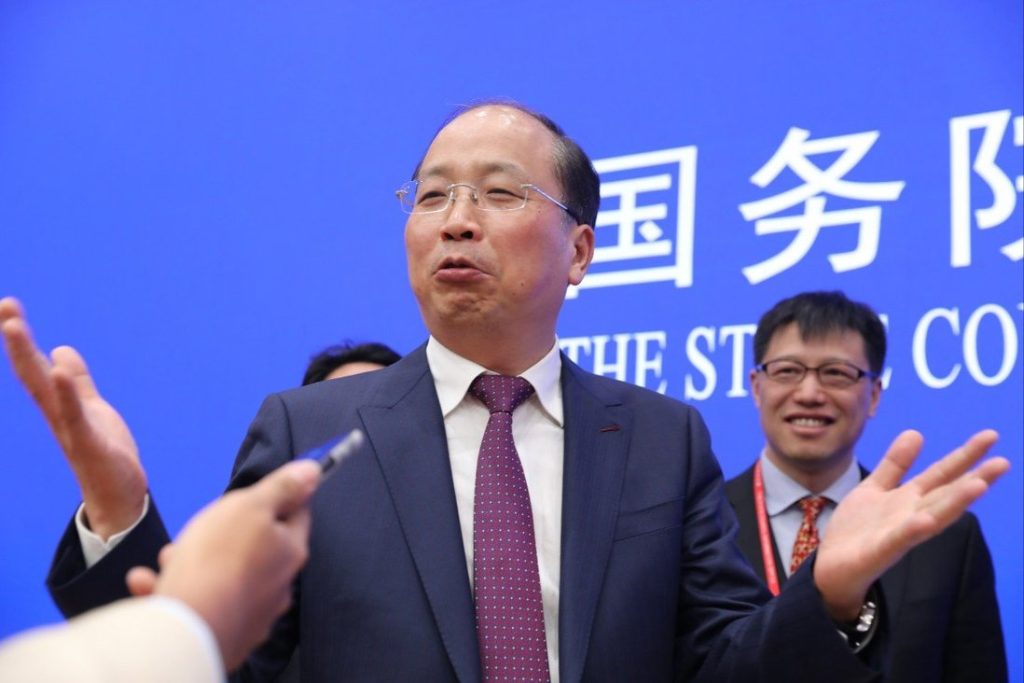
China has doubled down on its de-risking campaign as the country’s economy faces strong headwinds, with “stability” being repeatedly stressed as the top priority in the nation’s economic policies.
In a commentary piece published on the People’s Daily website on Sunday, “preventing and dissolving major risks” was described as “an essential requirement and bottom-line mission to ensure the stable and healthy development of the country’s economy”.
“From a macroeconomic perspective, we should prevent big rises and falls; in the capital market, we should prevent a large-scale inflow and outflow of foreign capital,” the commentary in the Communist Party mouthpiece said.
The revelation of Evergrande’s debt crisis in the third quarter has amplified the financial risks China is facing, and the shock continues to rattle the investor community, both domestic and overseas.
Chinese authorities have been warning about the risks of hot money inflows and outflows amid the volatility of the global financial market.
Yi Huiman, chairman of China Securities Regulatory Commission, said in March that China would improve its regulatory system to “avoid passivity” on the issue, as China continues opening up its financial market to foreign investors.
The People’s Daily piece also said “the disorderly expansion and barbaric growth of capital must be prevented”, which was reiterated in another opinion piece run by China Economic Daily – also a state-run newspaper – on Monday.
“On one hand, the normal and orderly capital flow has a powerful role in promoting technological innovation and high-quality economic development. On the other hand, the profit-seeking nature of capital can easily lead to its barbaric growth and disorderly expansion,” the Economic Daily piece said.
It also re-emphasised the use of a type of “traffic-light” mechanism, which was mentioned at the annual central economic work conference earlier this month and refers to areas of encouragement, bans and restrictions that are meant to enhance supervision of capital while preventing excessive growth.
It said Beijing’s regulatory crackdown on Big Tech, which saw probes and huge fines imposed on major players while jostling market participants since last year, was “strong and effective supervision, regulation and guidance”, rather than a form of “suppression”.
“It is more about controlling the negative role of capital from the perspective of avoiding social risks, rather than blindly curbing the development of capital elements,” the Economic Daily piece contended. “Its essence is not meant to restrict non-public sectors … but to encourage, support and guide the healthy development of the non-public-ownership economy.”
Meanwhile, during a meeting with leaders from state-owned enterprises (SOEs), held by the State-owned Assets and Administration Commission on Saturday, officials continued to play up the role of SOEs in the nation’s economy, including in the de-risking campaign.
“[SOEs should] better play the role of the stabiliser and ballast stones of the national economy … make greater contributions to stabilising the macroeconomy and maintaining economic operations within a reasonable range,” an official press release said after the meeting.
It also reiterated the need to “resolutely and effectively prevent and resolve various risks”, and to make risk prevention a priority among SOEs while enhancing their oversight.





























